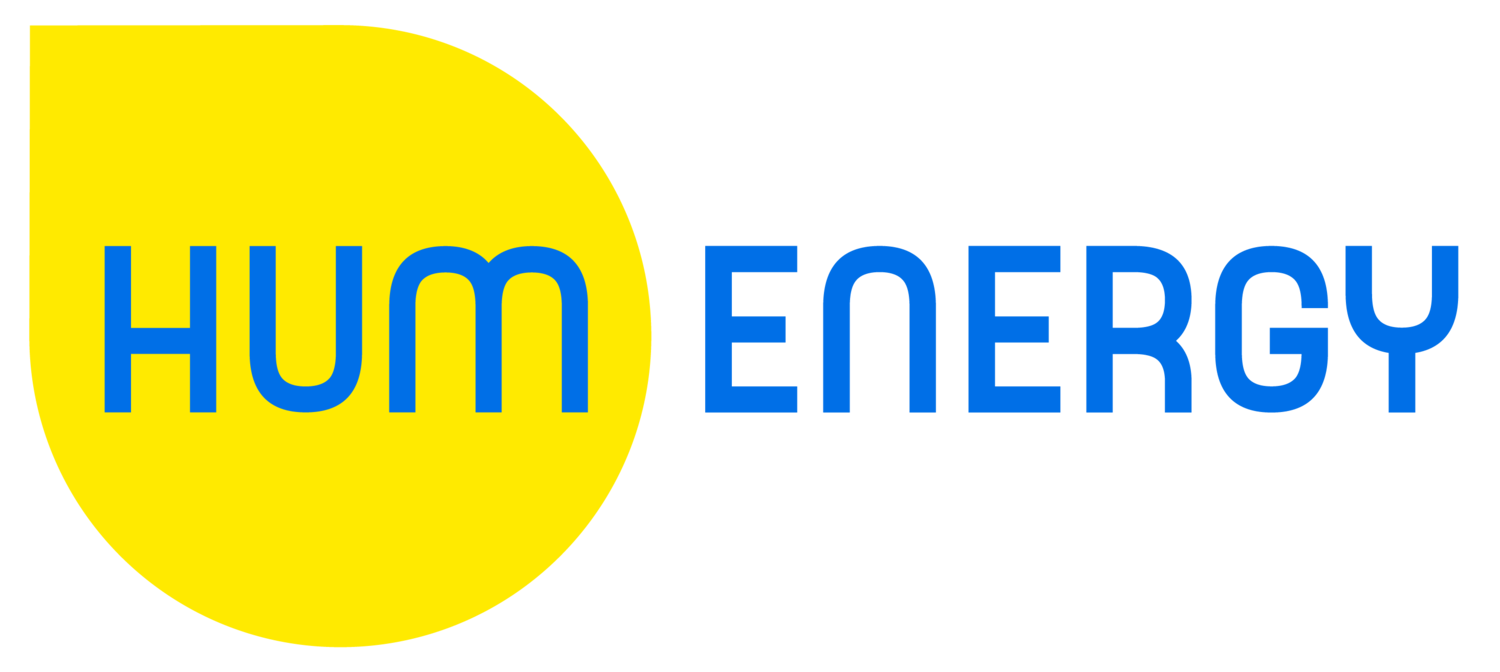What rules apply to sell energy in NSW?
The supply and billing of energy to residential customers, and small businesses, is regulated through the National Energy Retail Law and the National Energy Retail Rules. This Law, and the associated Rules, apply to NSW residents, and businesses, through the National Energy Retail Law (Adoption) Act 2012 (NSW).
The Retail Law requires that any person selling electricity or gas to another person’s premises must hold a retail authorisation from the Australian Energy Regulator (AER). The Energy Law, and the Rules, provide a detailed set of rights and obligations for energy consumers in NSW. The Law and the Rules also establish the processes that authorised energy retailers must follow when selling energy to residential customers and small businesses.
Embedded networks are common practice in residential communities such as parks and retirement villages
Are there different rules for selling energy in embedded networks?
If energy is not the seller’s core business, but the business does sell energy as an incidental service (such as a shopping centre manager supplying energy to each tenant), the seller can apply to the AER for an exemption from the requirement to obtain an authorisation. The seller can do this by registering their details with the AER. The most common type of exemption is for operators of embedded networks.
Embedded networks are private electricity networks that supply multiple homes or businesses in a specific area. Examples of embedded networks include residential complexes, retirement villages, residential land lease communities, shopping centres, and office buildings. Embedded networks are connected to the National Energy Market at a single point, usually called the ‘parent connection point’. An exempt seller purchases the electricity from an authorised energy retailer at the parent connection point and ‘on-sells’ the electricity to each resident within the embedded network.
Embedded networks are connected to the National Energy Market at a single point, usually called the parent connection point.
The Energy Law and Rules do not apply to exempt sellers in embedded networks, such as residential land lease communities. Instead, the AER has developed a guideline for anyone with an exemption for selling energy within an embedded network. These guidelines contain conditions that the exempt seller must follow when on-selling electricity and these conditions operate in a similar way to the Energy Law and Rules.
Are the rules different for selling energy in residential land lease communities?
It is common for residential land lease communities to sell electricity to residential and holiday sites as an incidental service. For this reason, residential land lease operators will often hold an exemption from the AER to sell energy and operate an embedded network. As exempt sellers, land lease operators must follow the conditions set out in the AER exemption guidelines.
In NSW, the Residential (Land Lease) Communities Act 2013, and the Residential (Land Lease) Communities Regulation 2015, contain extra rules for residential land lease operators on-selling electricity to homeowners. These rules can impact how much the residential land lease operator can charge homeowners for energy usage, and how a home owner’s bill might be calculated.
The rules contained in Section 77 of the Residential (Land Lease) Communities Act 2013 apply if the site agreement requires the homeowner to pay utility charges to the operator.

